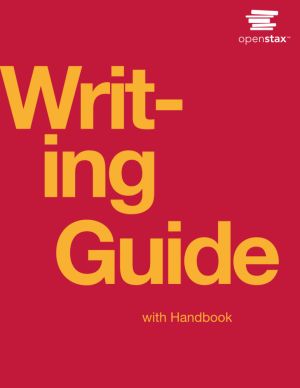
Writing Guide with Handbook aligns to the goals, topics, and objectives of many first-year writing and composition courses. It is organized according to relevant genres, and focuses on the writing process, effective writing practices or strategies - including graphic organizers, writing frames, and word banks to support visual learning - and conven...
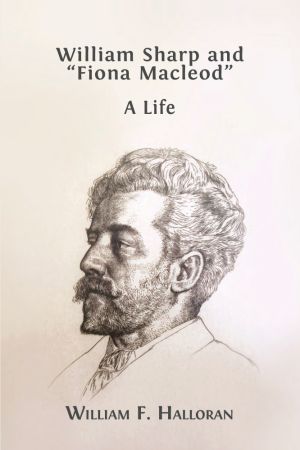
William Sharp (1855-1905) conducted one of the most audacious literary deceptions of his or any time. A Scottish poet, novelist, biographer, and editor, he began in 1893 to write critically and commercially successful books under the name Fiona Macleod who became far more than a pseudonym. Enlisting his sister to provide the Macleod handwriting, he...
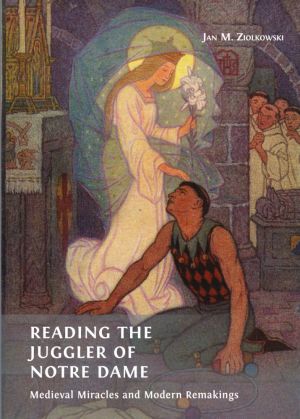
In this two-part anthology, Jan M. Ziolkowski builds on themes uncovered in his earlier The Juggler of Notre Dame and the Medievalizing of Modernity. Here he focuses particularly on the performing arts. Part one contextualises Our Lady's Tumbler, a French poem of the late 1230s, by comparing it with episodes in the Bible and miracles in a wide...
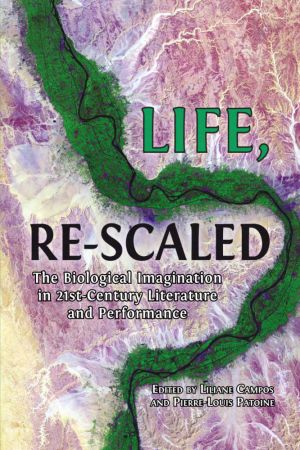
This edited volume explores new engagements with the life sciences in contemporary fiction, poetry, comics and performance. The gathered case studies investigate how recent creative work reframes the human within microscopic or macroscopic scales, from cellular biology to systems ecology, and engages with the ethical, philosophical, and political i...
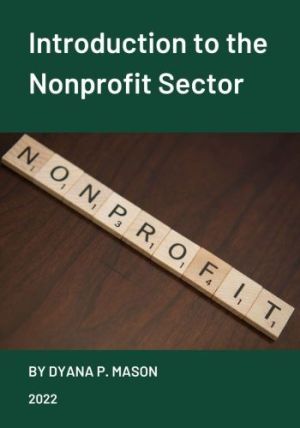
Nonprofit organizations are on the front lines in communities, providing an important foundation for the social safety net in the United States and around the world. They also provide places where people can gather, share ideas and build community. They often accomplish amazing feats with few resources. This book was designed to be used in an under...
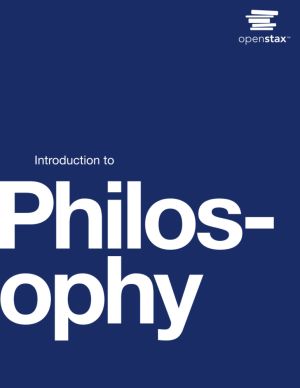
Introduction to Philosophy provides an overview of a common range of philosophical topics for a first- or second-year general education philosophy course. It is organized thematically, following the principal categories of academic philosophy (logic, metaphysics, epistemology, theories of value, and history of philosophy). A recurring theme of Intr...
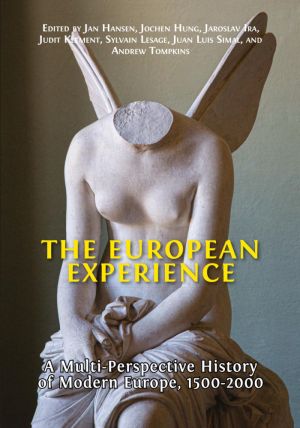
The European Experience brings together the expertise of nearly a hundred historians from eight European universities to internationalise and diversify the study of modern European history, exploring a grand sweep of time from 1500 to 2000. Offering a valuable corrective to the Anglocentric narratives of previous English-language textbooks, scholar...
